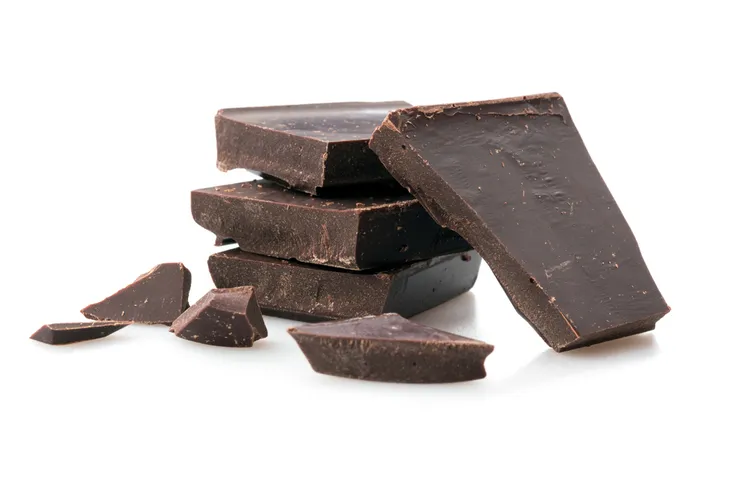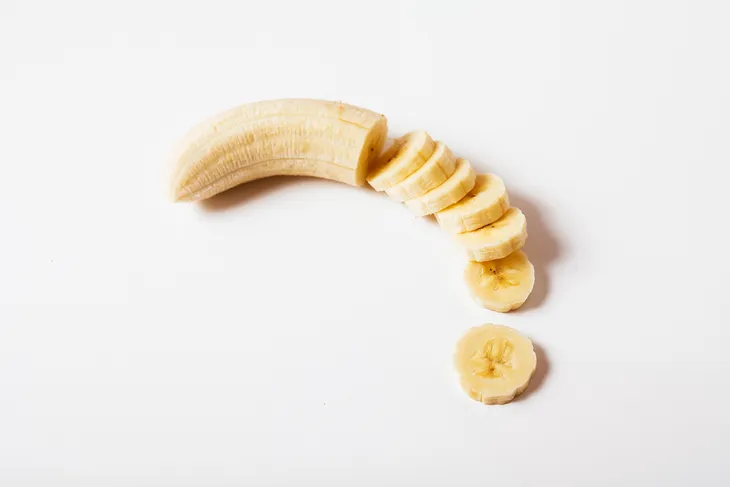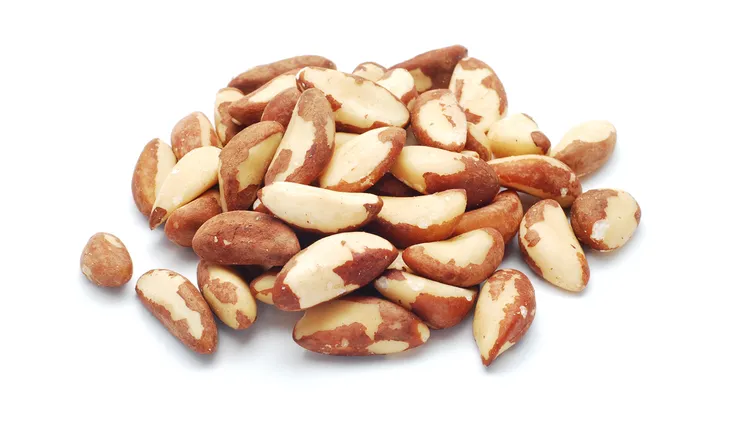It’s true that you are what you eat—and that also holds true for your mood. If you mostly put junk into your system, it can end up not only causing you to pack on unwanted pounds, but also make you irritable. You may be sabotaging your happiness just by the foods you’re consuming.
If you don’t believe food affects your mood, think of how you feel after eating a big turkey dinner, or after drinking an extra large coffee. One can slow your brain to a halt, while the other can perk you up. However, while these are extreme examples, here are 5 mood foods that can kick your brain into a higher gear…
Egg Whites Omelets
Prevention magazine suggests chowing down on this healthy breakfast along with low-fat cheese and spinach for the protein content. The magazine says protein is a good fighter against SAD (Seasonal Affective Disorder) that affects many Americans from colder temperatures and shorter days.
The suggestion is part of a high-protein diet designed by Elizabeth Somer, RD, who shared the information with Prevention. The article notes that while a high-carb diet can be effective for curbing SAD, it’s not the right path for everyone. High protein diets (with protein-packed snacks) are a good alternative, it adds. A balanced diet with both protein and carbohydrates is overall a better alternative.
Salmon
Health.com suggests these delicious fishes for their brain-boosting properties. The article on the website notes that low mood and depression has been tied to a lack of certain nutrients, and that salmon in a vinaigrette salad contains Omega-3 fatty acids that may improve happiness levels (especially in children).
While you’ll get the added health benefits of the salad greens, you don’t necessarily have to eat the salmon with leaves, notes the CBC. It notes the fish on its own has a positive effect on the brain and helps you stay sharp, and is also good for your heart.
Chocolate
Many of you out there will be happy to hear that chocolate, a close-to-sinful treat has the ability to improve your mental well being. However, we’re not talking about sugar-loaded milk chocolate, but rather pure chocolate without all the additives.
According to Best Health magazine, raw chocolate doesn’t just make you smile because it’s delicious—it contains chemicals called phenylethylamine, anandamide and theobromine, which it says are all pick-me-ups. Chocolate can give you the same jolt as coffee does without the negative side effects, adds the magazine.
Bananas
They’ve been called the “perfect food” (although we all know that’s pizza). Bananas contain high levels of tryptophan, which your body converts to serotonin to naturally elevate your outlook. Perhaps this is why monkeys always seem to be in a playful mood?
The BBC suggests “stewed” fruit prepared with bananas and apricots on an oatcake (flatbread) base. Top it all with walnuts for a better result, added the BBC. The British network notes this snack will release sugars gradually for a longer brain boost, as opposed to caffeine and sweets that lift you up but drop you back down quickly.
Brazil Nuts
These particular nuts are high in selenium. In fact, they have more than 2,500 times more selenium than any other nuts, according to Best Health magazine. So what’s the big deal about selenium, you ask? According to Best Health, it’s a “powerful antioxidant” that has been proven to boost mood as well as cognitive performance.
According to the magazine, eating just one of these nuts per day is more than enough to reap the positive benefits. The best part is, despite the name of these nuts, you don’t have to travel to travel to Brazil to get them. A local grocery store will do.








